Islamabad, Pakistan – A sharp escalation in hostilities between Pakistan and Afghanistan over the past week has resulted in the death of at least one member of the Pakistani security forces and dozens of civilians in Afghanistan.
This latest round of cross-border fighting stems from what Pakistan insisted was its response to regular attacks by the armed group Tehreek-e-Taliban Pakistan (TTP), which Islamabad said has found sanctuary across the border in Afghanistan. The most recent TTP attack, on December 21, led to the deaths of at least 16 Pakistani soldiers.
Pakistani military sources confirmed to Al Jazeera that on Tuesday, Pakistan launched air strikes in Afghanistan’s Paktia province, which borders Pakistan’s tribal district of South Waziristan.
Pakistani jets reportedly targeted hideouts where TTP fighters had sought refuge. However, Afghanistan’s Taliban government, in power since August 2021, accused Pakistan of killing at least 46 civilians, including women and children, in the air strikes.
In response, the Afghan government promised “retaliation”. On Saturday, Afghan Taliban forces claimed to have targeted “several points” near the Durand Line, the contested border between the two nations.
However, as the guns quiet down on both sides, a familiar question has arisen: What is next for these two neighbours, entangled in a decades-long, fraught and fragile relationship?
Cooperation and conflict
For decades, Pakistan was considered a patron of the Afghan Taliban, who first came to power in 1996. Pakistan was believed to wield significant influence over the group, providing it with shelter, funding and diplomatic backing.
After the United States-led invasion of Afghanistan after the 9/11 attacks, many Afghan Taliban leaders sought refuge in Pakistan. Amid American drone strikes in Pakistan’s border regions, the TTP, often called the Pakistan Taliban, emerged.
Despite sharing ideological ties with the Afghan Taliban, the TTP launched a violent campaign against the Pakistani state.
The Pakistani military has conducted several operations to eliminate the TTP, pushing many of its leaders into Afghanistan. When the Afghan Taliban regained control of Kabul in 2021, Pakistan hoped to leverage its historic ties to curb TTP activity. However, a surge in attacks within Pakistan since then suggests these efforts have failed.
A former Pakistani ambassador and special representative to Afghanistan, Asif Durrani, believes the Afghan Taliban face significant challenges in managing the TTP and other groups, such as the ISIL (ISIS) affiliate in Khorasan Province.
“The Afghan Taliban must decide whether to support the TTP or prioritise their relationship with Pakistan,” Durrani told Al Jazeera. “They often reject assistance to tackle these groups while boasting about their ability to handle them independently.”
Journalist and analyst Sami Yousafzai, who has extensively reported on the region, said that keeping the conflict at a simmer suits both governments, even if discourse on social media appears to indicate that a major escalation is right around the corner.
“I don’t think either side wants to worsen the situation. However, the Pakistani military faced pressure – both public and internal – following repeated TTP attacks and needed to demonstrate retaliatory action, even if it didn’t significantly weaken the TTP,” Yousafzai told Al Jazeera.
This is not the first time Pakistan has targeted alleged TTP hideouts in Afghanistan. Similar air strikes occurred in March but did not provoke a direct response from Afghanistan’s government.
However, the latest tit-for-tat has evoked comparisons with what transpired between Pakistan and Iran in January when the two countries bombed each other’s border areas.
Manzar Zaidi, a Lahore-based researcher on conflict in the region, said neither side can afford to escalate this conflict into anything bigger.
“Compared to the exchange of strikes with Iran earlier this year, Pakistan has much higher stakes with Afghanistan, and air strikes last week can be seen as sending a message rather than a serious attempt at escalation,” Zaidi told Al Jazeera.
“As we saw with the Iranian strikes, these led to dialogue between the two countries, and there is a chance that the two countries could get on the negotiating table,” he added.
Failing diplomacy?
The latest air strikes occurred while Mohammad Sadiq, Pakistan’s special representative to Afghanistan, was in Kabul meeting with senior Afghan officials.
Both nations have engaged in high-level diplomatic meetings over the past two years, including visits by Pakistan’s defence minister and chief of its intelligence agency, Inter-Services Intelligence (ISI), in February last year.
Three months, acting Afghan Minister for Foreign Affairs Amir Khan Muttaqi made a trip to Islamabad, where he also held talks with General Asim Munir, the Pakistani army chief.
Despite these efforts, violence within Pakistan has continued unabated. According to Pakistan’s Ministry of Interior, more than 1,500 violent incidents in the first 10 months of this year killed at least 924 people, including 570 law enforcement personnel and 351 civilians.
The Pakistan Institute for Conflict and Security Studies reported 856 attacks in 2024, surpassing the 645 incidents recorded in 2023.
Durrani said the Afghan Taliban needs to understand the consequences of strained relations with Pakistan.
“They must recognise that they are no longer ‘freedom fighters’ but a government with significant responsibilities toward their people and neighbours. No country will tolerate Afghan soil being used against them,” he said.
Zaidi echoed this sentiment, noting that the Afghan Taliban’s aspirations for international legitimacy could prevent further escalation.
“Afghanistan also seeks stronger ties with China, Pakistan’s key ally, which incentivises them to de-escalate,” Zaidi said.
However, Yousafzai cautioned that Pakistan also needs to act more responsibly as a democratic and nuclear-armed state.
“There may be frustration in Pakistan’s strategic circles. After decades of supporting the Afghan Taliban, they haven’t received the outcomes they anticipated,” Yousafzai said.
“Missiles and air strikes will not resolve this conflict – something that should have been learnt during the US’s so-called war on rerror.”
The one plausible path for reconciliation, according to Yousafzai, is for Pakistan to stop “pursuing their doctrine of strategic depth” in Afghanistan. Historically, the Pakistani military has sought to maintain influence in Afghanistan, providing patronage to armed groups to hold leverage against India, its traditional enemy.
That approach, of treating Afghanistan in effect as a pawn in its rivalry against India, has robbed Pakistan of legitimacy among Afghans, according to many experts.
“They [Pakistan] should start supporting legitimate resistance and other pro-democracy groups there who are against the ruling Afghan Taliban,” he said. “But this can only be done if Pakistan first apologises for what policies they pursued in the past.”

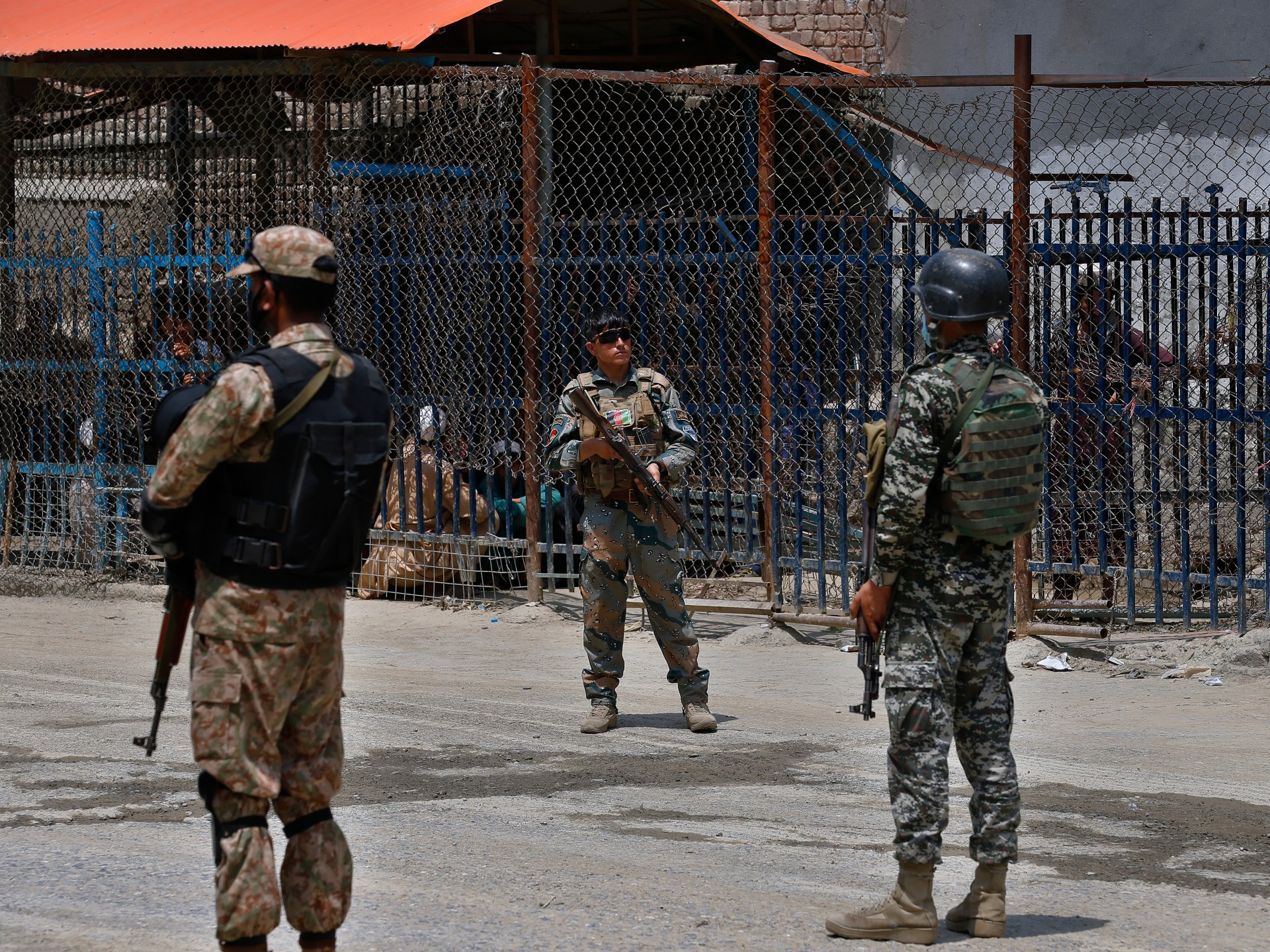
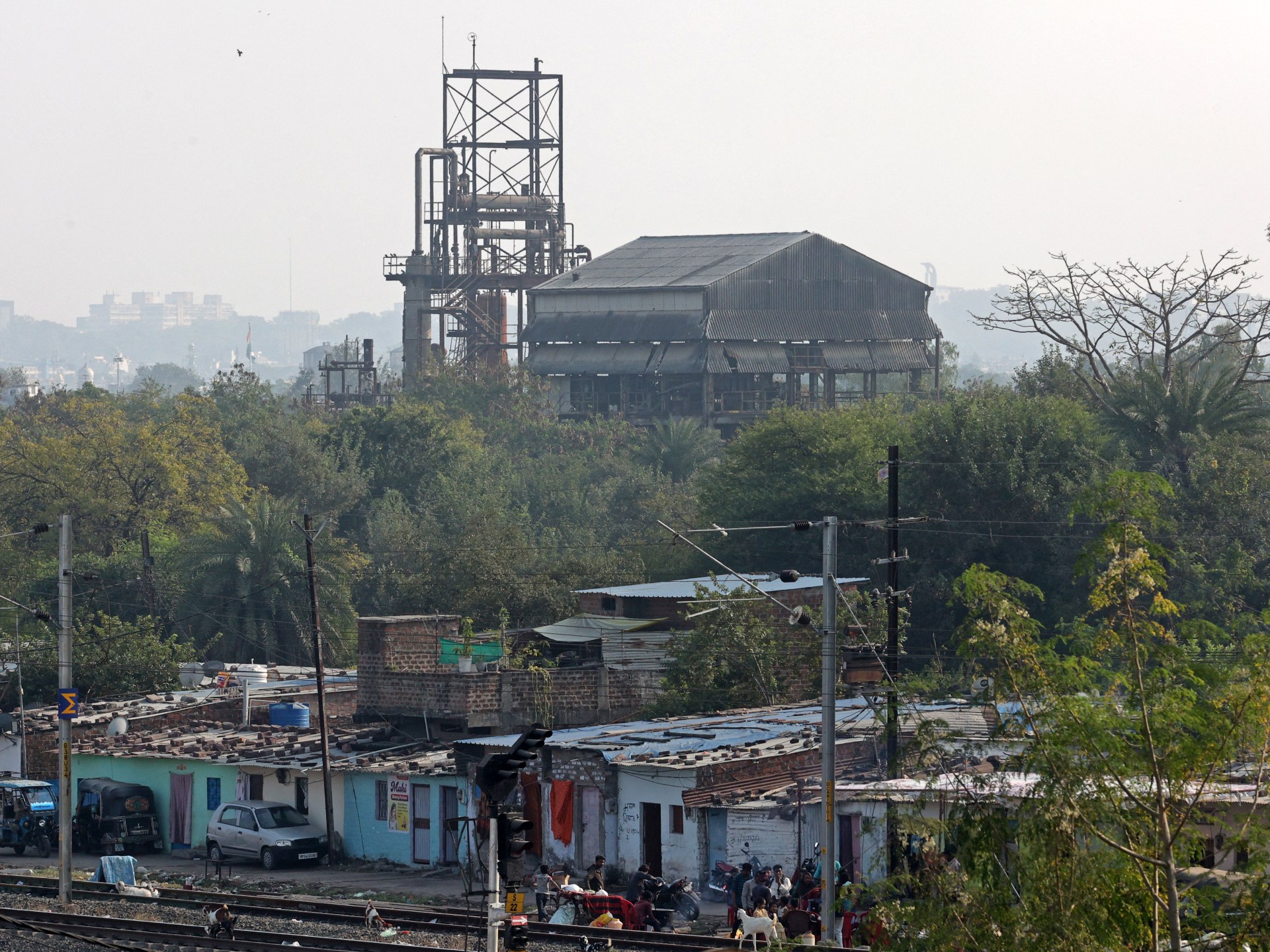
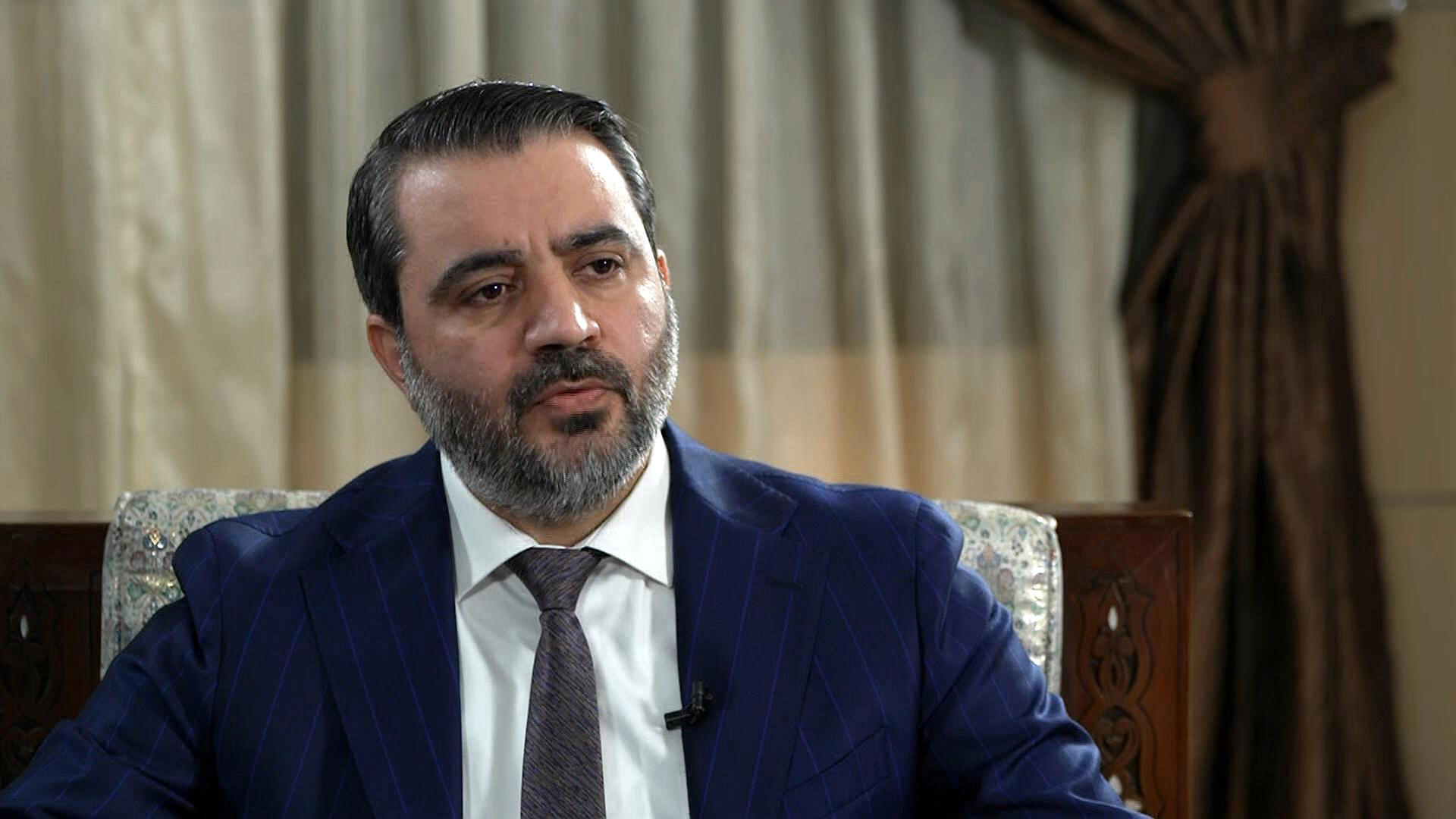


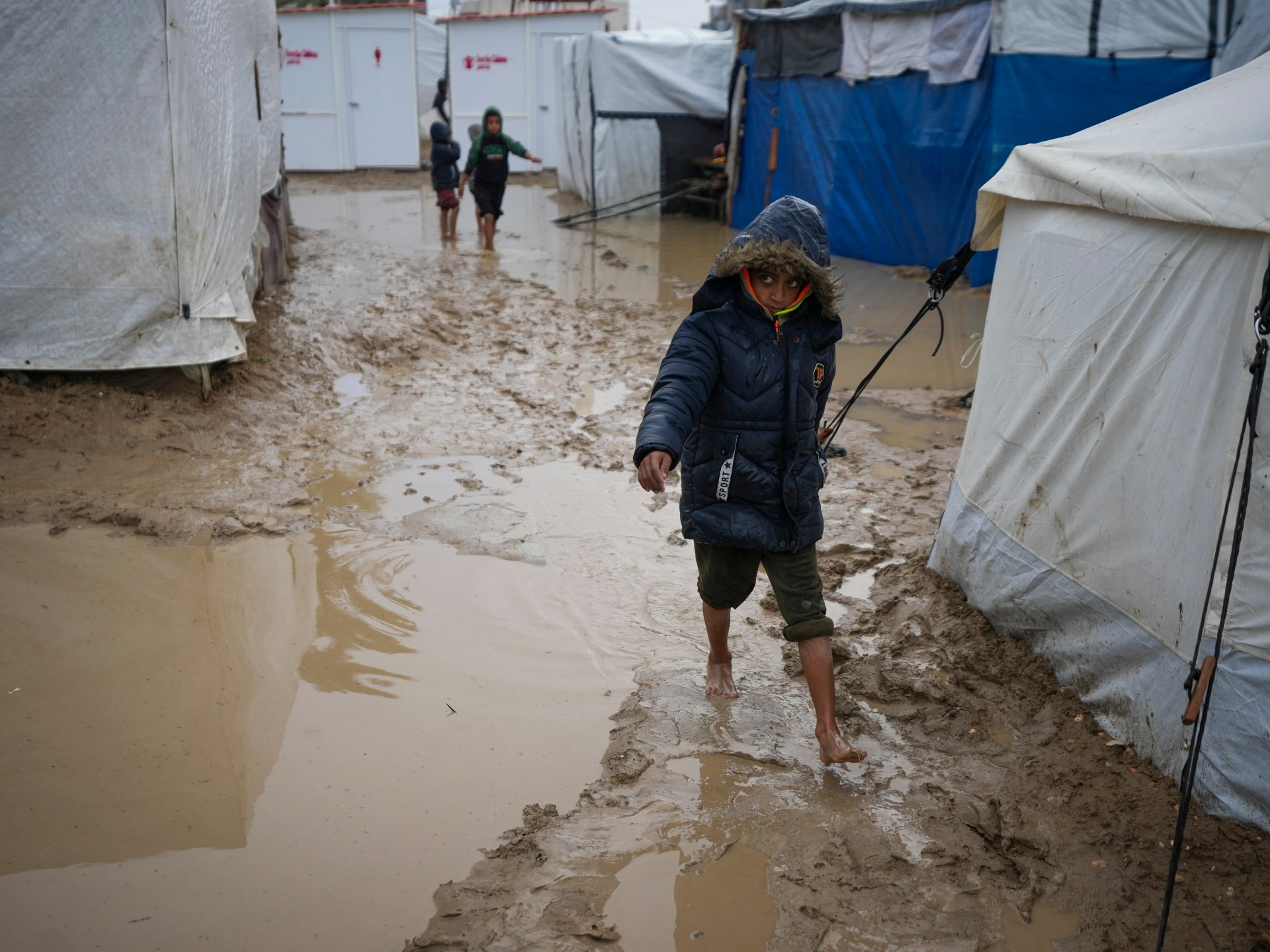
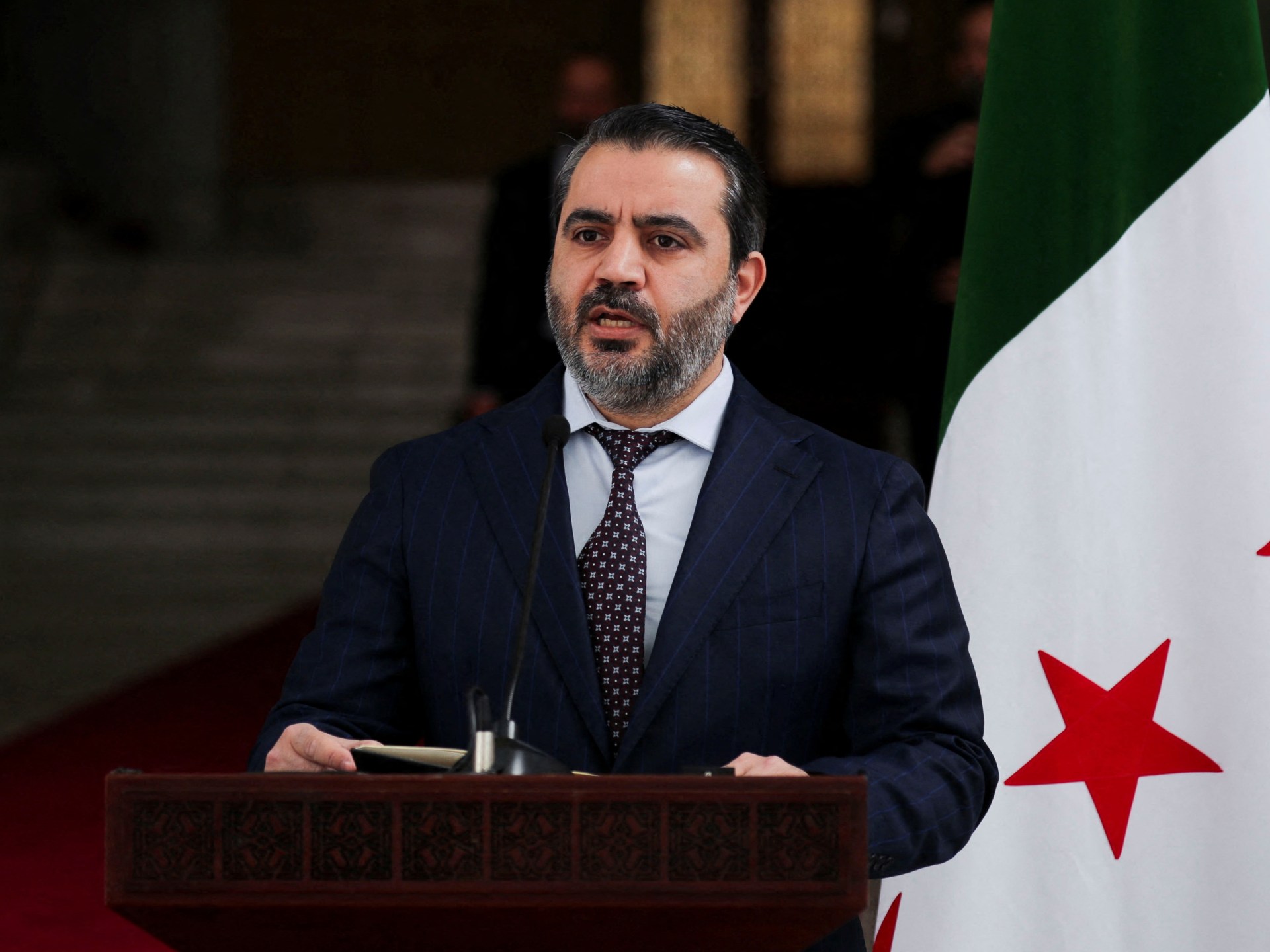

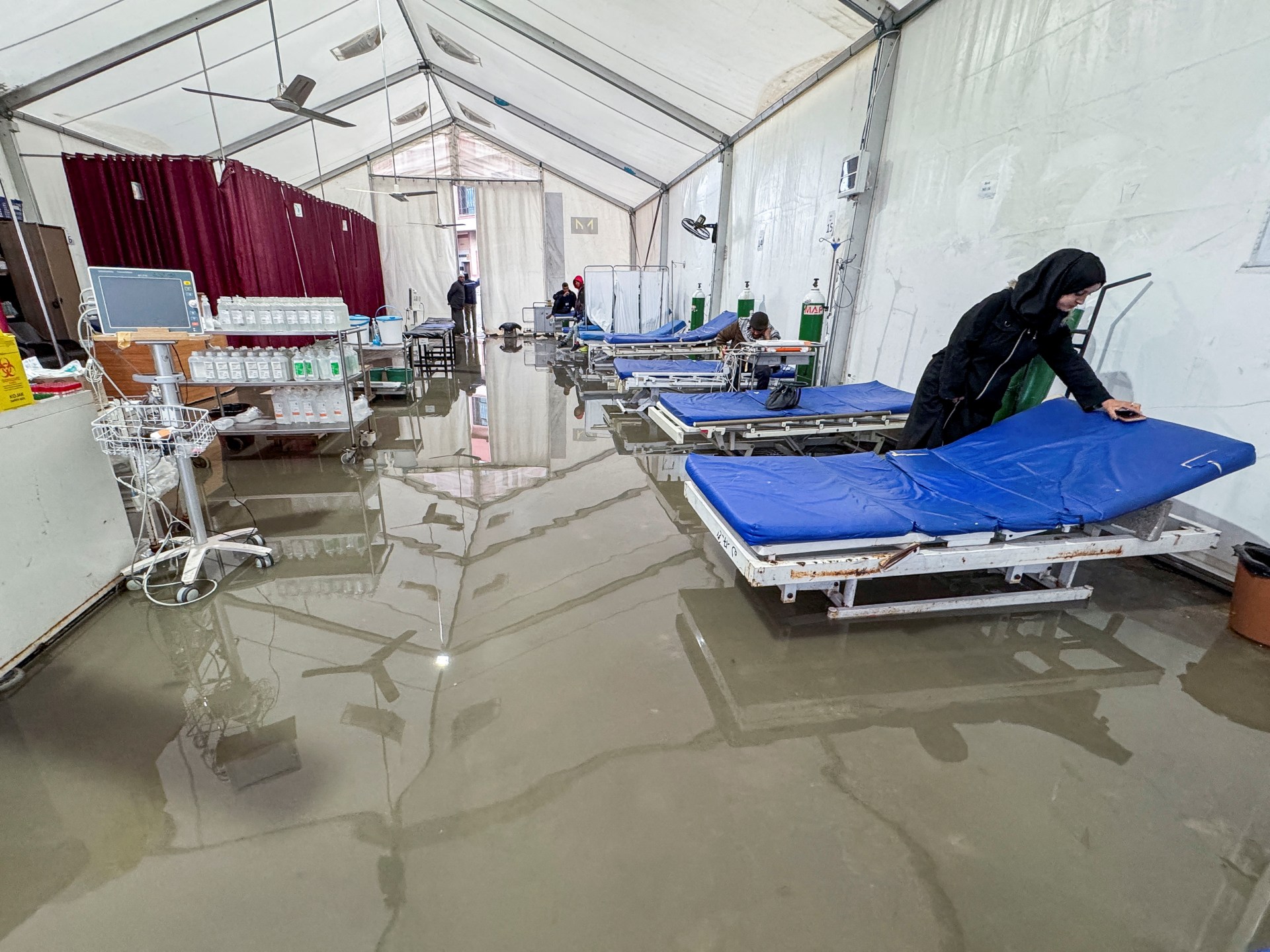
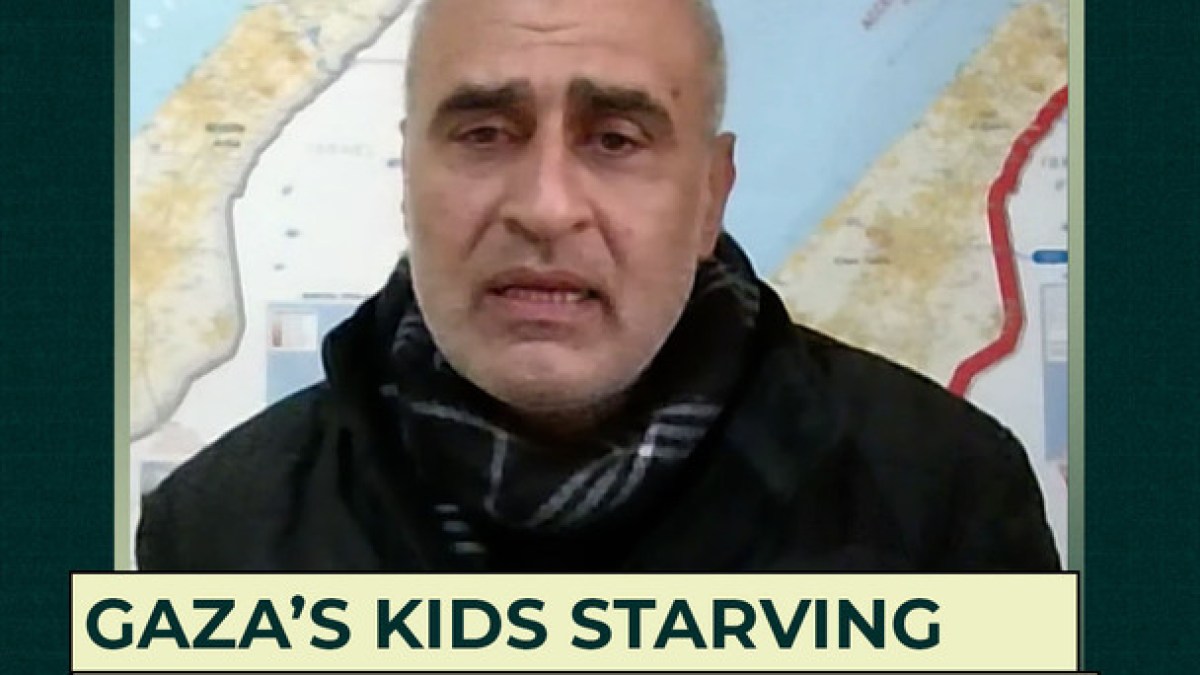
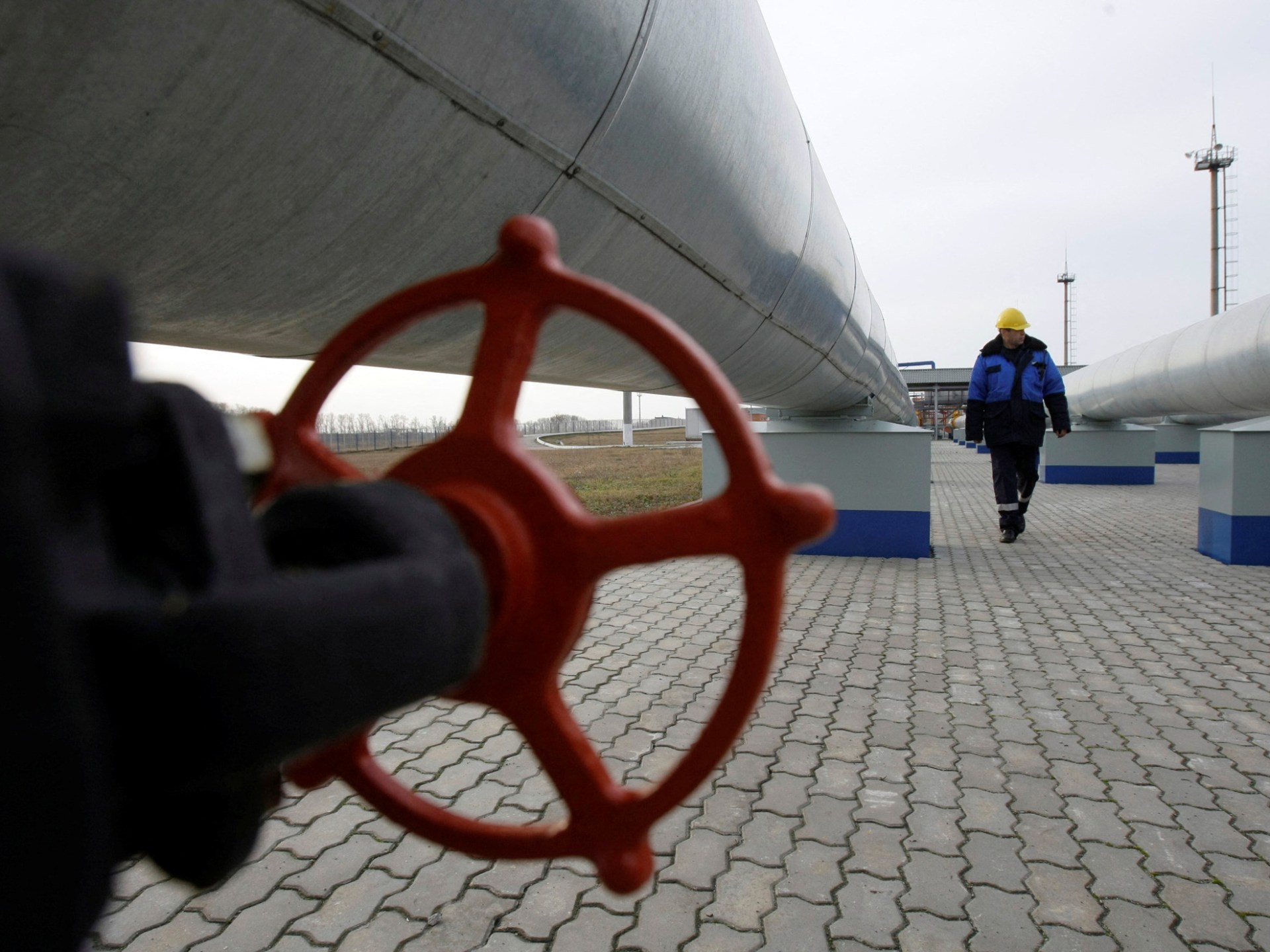



Leave a Reply